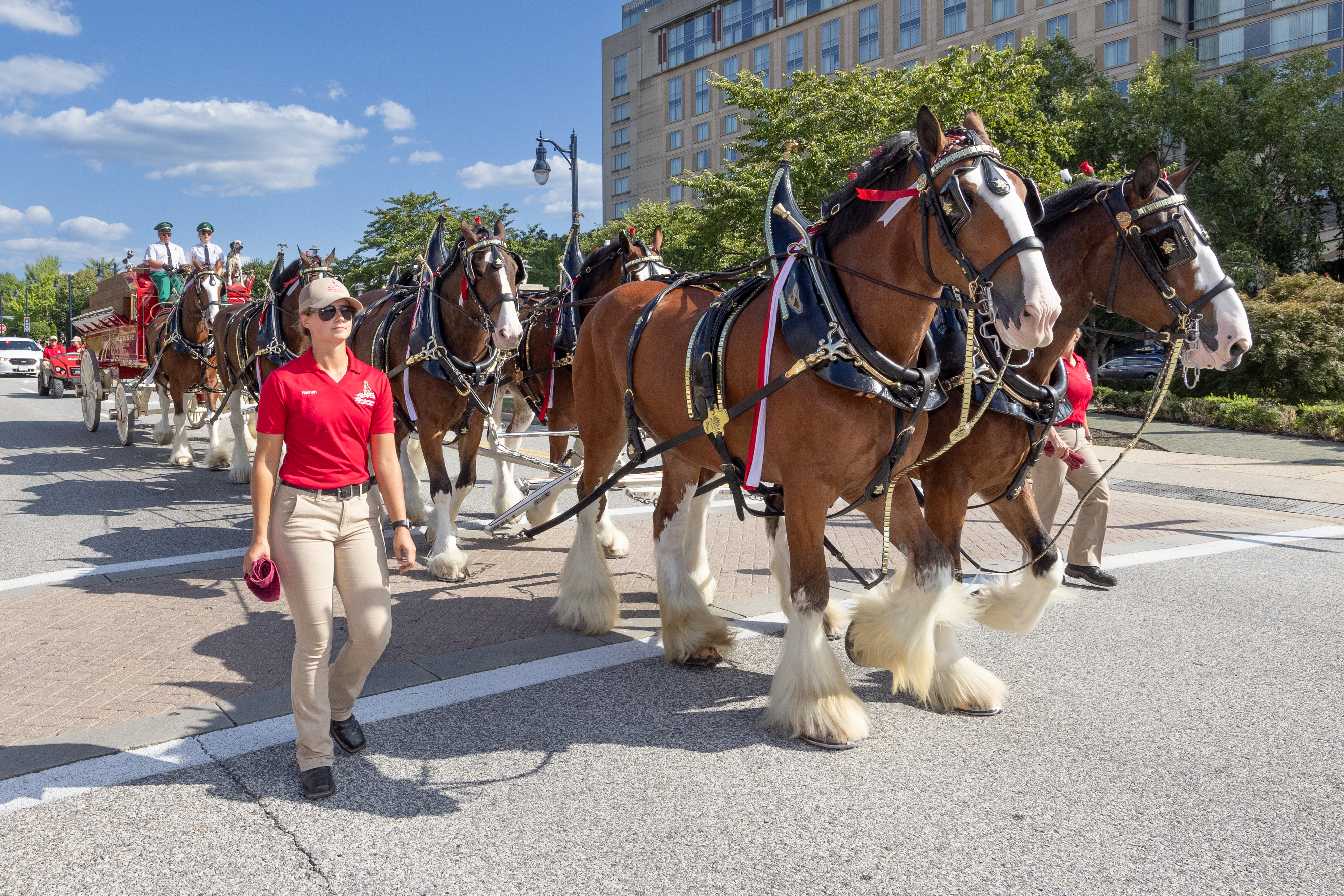Letter: Founders knew leaders cannot be emperors
Published 6:00 am Thursday, February 20, 2025
George Washington commanded a ragged, underfed, seldom paid, often mutinous amalgam of regulars and militia through eight years of war. After Yorktown his officers in March 1783 determined to confront Congress with legitimate grievances this body had ignored.
Trending
For him this initiative brought into focus the publication in 1775 of Gibbon’s Decline and Fall of the Roman Empire. Washington foresaw an outcome like the Roman generals leading their legions to destroy the Roman Republic. A succession of soldier emperors were confirmed by a submissive senate.
Washington summoned them to a meeting and next followed the most dangerous moment in this country’s history. His officers had always regarded him with affection, but now regarded him with resentment, embarrassment, and some anger. He assured them of his devotion, related his opinion that Congress would care for them, and asked them to consider instead actions perfecting an emerging civil government.
They were unmoved as he sought to read a letter from a congressman and were distressed by his fumbling attempt. He then grasped something few had seen him wear, a pair of glasses. He explained, “Gentlemen you will permit me to put on my spectacles, for I have not only grown grey but almost blind in service to my country.”
Trending
His biographer Jemes Flexner said, “The officers were instantly in tears, and, from behind shining drops, their eyes looked with love at the commander who had led them so far. Washington had saved the United States from tyranny and civil discord.”
Nolan Nelson
Redmond
Editor’s Note
Do you have a point you’d like to make or an issue you feel strongly about? Submit a letter to the editor.








